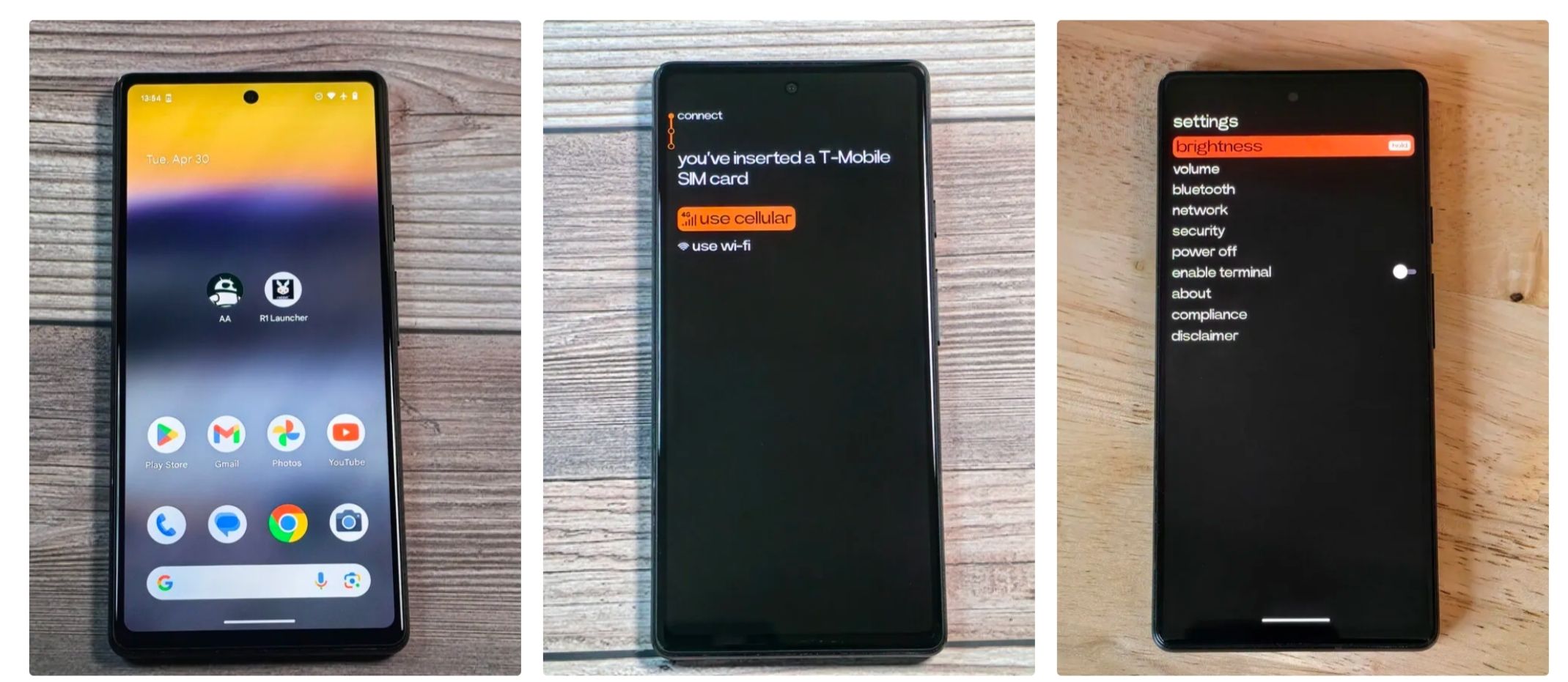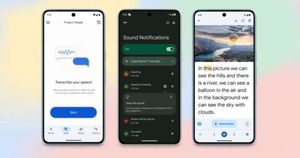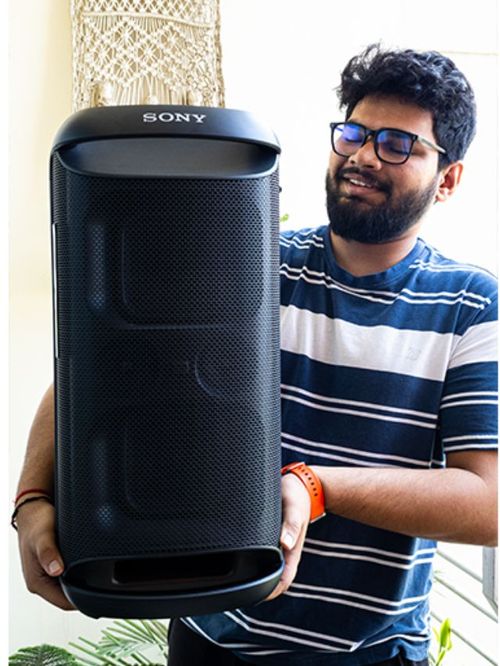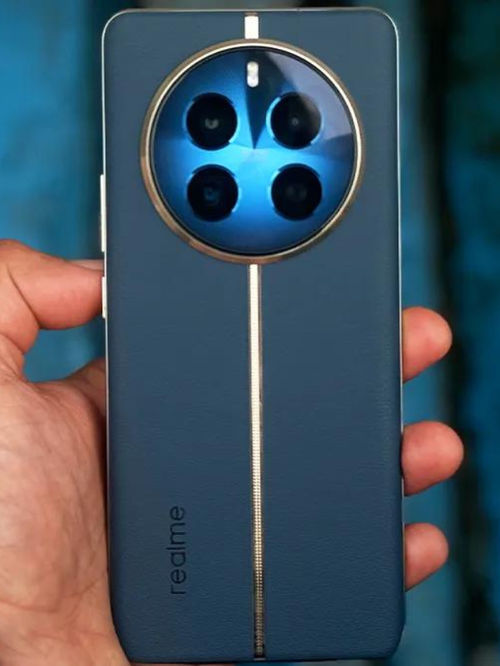
The Rabbit R1 was showcased at CES 2024 as an AI-powered handheld gadget that could serve as your personal assistant. The device featured a custom operating system called Rabbit OS, which was powered by a large action model (LAM). Together, this system was capable of answering any question similar to AI chatbots like ChatGPT and Gemini.
However, a new report from Android enthusiast Mishaal Rahman reveals that Rabbit R1 is just a simple Android app that can be run on any smartphone. A modified version of Rabbit R1’s launcher app was also successfully ported on a Pixel 6a, which appeared to run fine. Let’s look at the details.
Rabbit R1: Just an App?
The Rabbit R1 was advertised as a proprietary hardware device with a deep-level integration with Rabbit OS and their in-house LAM. The device requires an active internet connection, which allows users to communicate with Rabbit’s cloud servers to generate responses to their queries.
What was supposed to be a closed software system turns out to be just a fork of multiple open-source elements, including AOSP (Android). Rabbit R1’s core UI can be ported to any other Android phone with some tweaks. This reveals that the main functions of the device are packaged as apps instead of actual software.

Rabbit’s CEO Jesse Lyu has denied such claims. The company also released a statement mentioning that the Rabbit OS app emulators cannot access the features of the LAM. Rabbit OS is customised for the R1 device, and the system is not limited to an Android app.
However, Rabbit’s response does not appear to be satisfactory, and there are multiple reasons for it. Another user named Arthur published a video on YouTube with the Rabbit R1 running DOOM, an Android game. Furthermore, Mishaal Rahman mentions that the keyboard of Rabbit OS is a fork of an open-source Android app called AnySoftKeyboard.
These allegations further raise questions about the functionality of the Rabbit R1, which could have been a simple Android app. Instead, the company has bundled the features in a small handheld device that runs a cut-down version of Android as its operating system.
The Rabbit R1’s closest competitor, the Humane AI Pin, was criticised for lacking refinement. However, the AI Pin has unique hardware components like a laser projector and gesture detection, establishing a unique identity.
The Rabbit R1, on the other hand, features a simple camera, display, and speaker module and lacks any unique hardware elements. Hence, it’s difficult to justify why it would require custom hardware instead of releasing it as an Android app.
Based on the current reports, the Rabbit R1 does not seem to be doing anything extra that a normal smartphone can’t. Technology enthusiasts have harshly criticized the Rabbit R1 and Humane AI Pin thus posing serious doubts on whether these device will succeed. It will be interesting to see how these handheld AI-powered assistant devices develop over the next few years.











